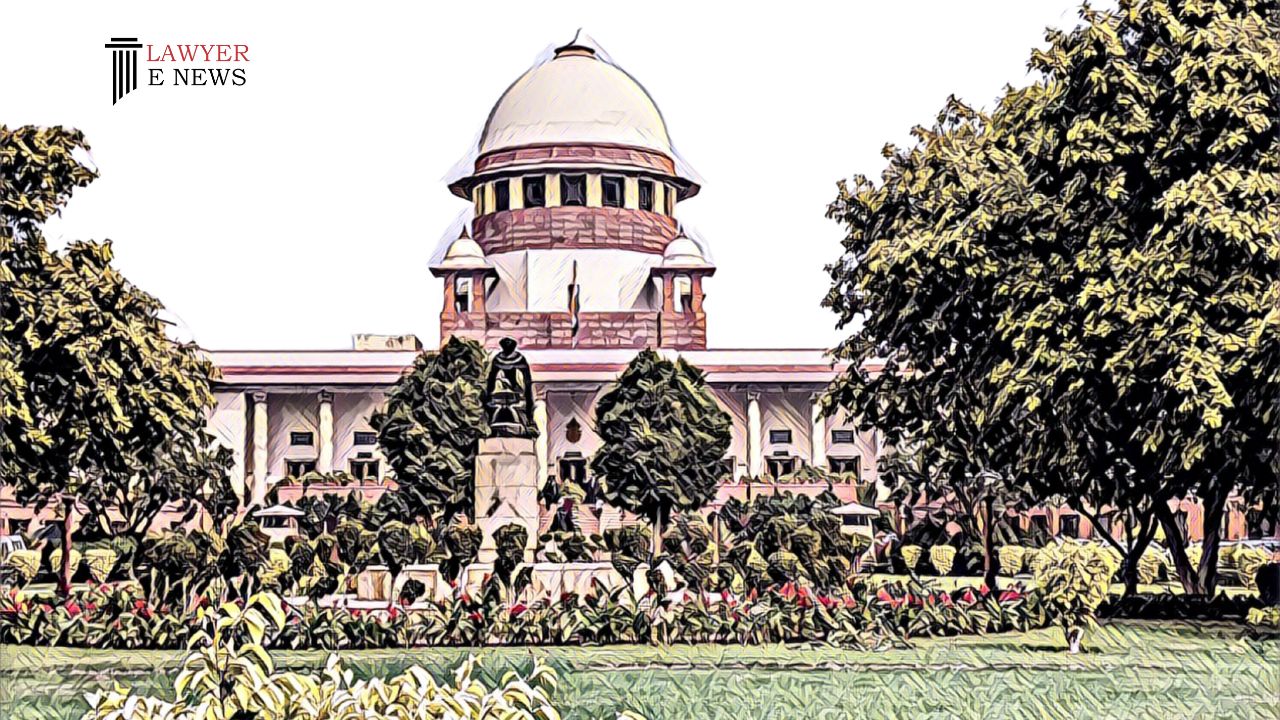-
by sayum
16 February 2026 6:35 AM



In a groundbreaking legal ruling, the Supreme Court of India, in its decision on September 22, 2023, stressed that respondents in a property dispute cannot indefinitely delay action based on the appellants' communication of permission. The verdict was delivered by the bench comprising Justices Ahsanuddin Amanullah and Vikram Nath.
The case, which led to this significant judgment, centers around an Agreement to Sell (ATS) executed in 1975. According to the agreement, the appellants were obligated to apply for permission for the sale of the property within eight days and subsequently inform the respondents. Failure to do so would grant the respondents the right to take legal action. It's important to note that the earnest money of Rs.1,000 out of the total sale consideration of Rs.6,000 was paid at the time of the agreement.
The respondents filed a suit for specific performance of the ATS in 1981, a substantial time after the agreement's execution. This delay raised questions concerning the statute of limitations and whether the suit was time-barred.
In its judgment, the Supreme Court underlined that respondents cannot claim entitlement to an indefinite wait for the appellants to communicate permission, stating, "Respondents cannot take the plea that they would be entitled to indefinitely wait till the appellants informed them about the permission."
Furthermore, the court quantified a refund of earnest money, originally amounting to Rs.1,000, at Rs.1,50,000. The appellants are required to pay this refund to the respondents by January 1, 2024.
This ruling not only provides clarity on the importance of prompt action and diligence in property disputes but also reaffirms the principles of limitation as laid down in relevant legal precedents.
The case referred to various legal acts, including The Limitation Act, 1963, and cited legal precedents such as Ghewarchand v Mahendra Singh and Basawaraj v Land Acquisition Officer. However, the judgment did not specify the representing advocates in the case.
This landmark judgment serves as a precedent for property disputes and emphasizes the necessity for parties to act promptly and diligently in such matters.
Date of Decision: 22 SEPTEMBER 2023
SABBIR (DEAD) THROUGH LRS VS ANJUMAN (SINCE DECEASED) THROUGH LRS.
